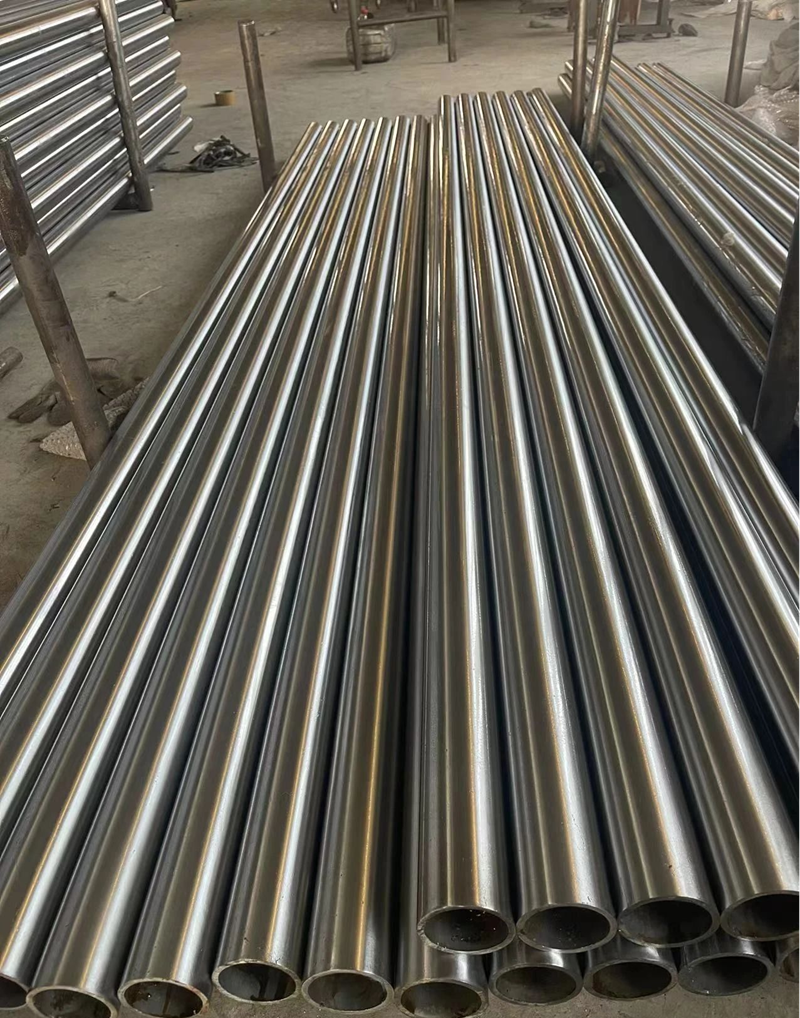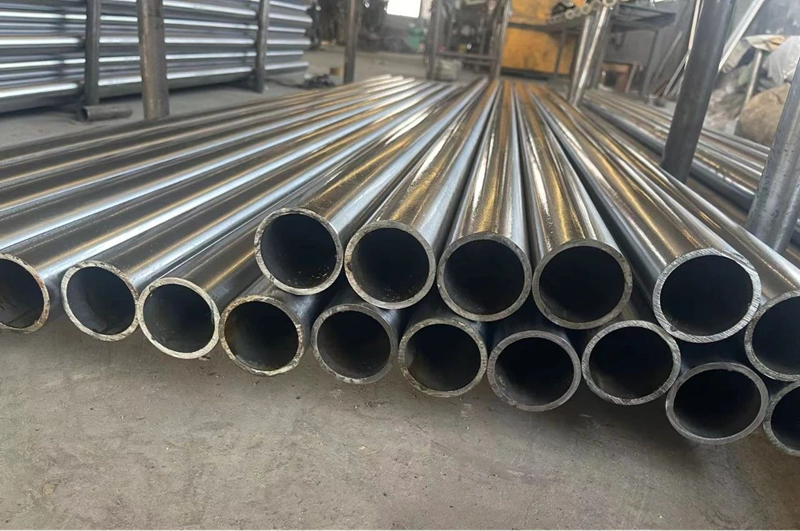Honing tubes are widely used in the industrial field for their unique design and excellent performance, playing an important role in various occasions. This article will delve into the diversity of honing tubes, including their different types and specifications, as well as their applications in different fields, aiming to help readers better understand and apply this high-performance pipe material.
Types and Specifications of Honing Tubes Honing tubes can be classified into various types according to different criteria. In terms of material, there are mainly stainless steel honing tubes, carbon steel honing tubes, and alloy steel honing tubes. The choice of these materials mainly depends on the operating environment and factors such as pressure and temperature requirements. Stainless steel honing tubes have strong corrosion resistance and are suitable for humid and corrosive environments; carbon steel honing tubes have high strength and wear resistance and are commonly used in scenarios with high pressure requirements; alloy steel honing tubes combine the advantages of multiple metals and have higher performance.

In terms of specifications, honing tubes have a wide range of sizes, ranging from a few millimeters to several hundred millimeters. The wall thickness can also be adjusted according to requirements to meet the strength and pressure requirements of different occasions. In addition, honing tubes can be customized as needed, such as changing the inner diameter, outer diameter, length, etc., to meet specific application requirements.
Application Fields of Honing Tubes
Petroleum and Natural Gas Industry: Honing tubes play an important role in the petroleum and natural gas industry. Due to their excellent corrosion resistance and high strength, honing tubes are widely used in oil and gas transmission pipelines, wellhead devices, subsea pipelines, and other fields. In these scenarios, honing tubes need to withstand harsh conditions such as high pressure, high temperature, and corrosion, so high-quality pipe materials are needed to ensure safe and reliable operation.
Chemical and Pharmaceutical Industry: Honing tubes also play an important role in the chemical and pharmaceutical industries. These industries have extremely high requirements for pipe materials, requiring them to have good corrosion resistance, high temperature resistance, and sealing properties. With its excellent performance, honing tubes are widely used in these fields, such as for transporting corrosive liquids, gases, and as heat exchangers in reactors.
Food Processing and Beverage Industry: Honing tubes also perform well in the food processing and beverage industry. Because these industries have high requirements for the hygiene, non-toxicity, and corrosion resistance of pipe materials, honing tubes have become an ideal choice. They can be used to transport food raw materials, drinking water, fruit juice, etc., to ensure the purity and taste of the products.
Machinery and Automotive Industry: In the machinery and automotive industries, honing tubes are widely used in various hydraulic and pneumatic transmission systems. These systems require pipe materials to have good sealing, wear resistance, and fatigue resistance. With its excellent performance, honing tubes provide strong guarantee for the stable operation of machinery and automotive industries.

In conclusion, honing tubes, as a high-performance pipe material, have wide applications in industries such as petroleum and natural gas, chemical and pharmaceutical, food processing and beverage, machinery, and automotive. Their diverse types and specifications allow them to meet the needs of different fields and occasions. With the advancement of technology and the development of industry, the application fields of honing tubes will continue to expand, bringing more convenience and value to more industries.
Post time: Mar-18-2024
